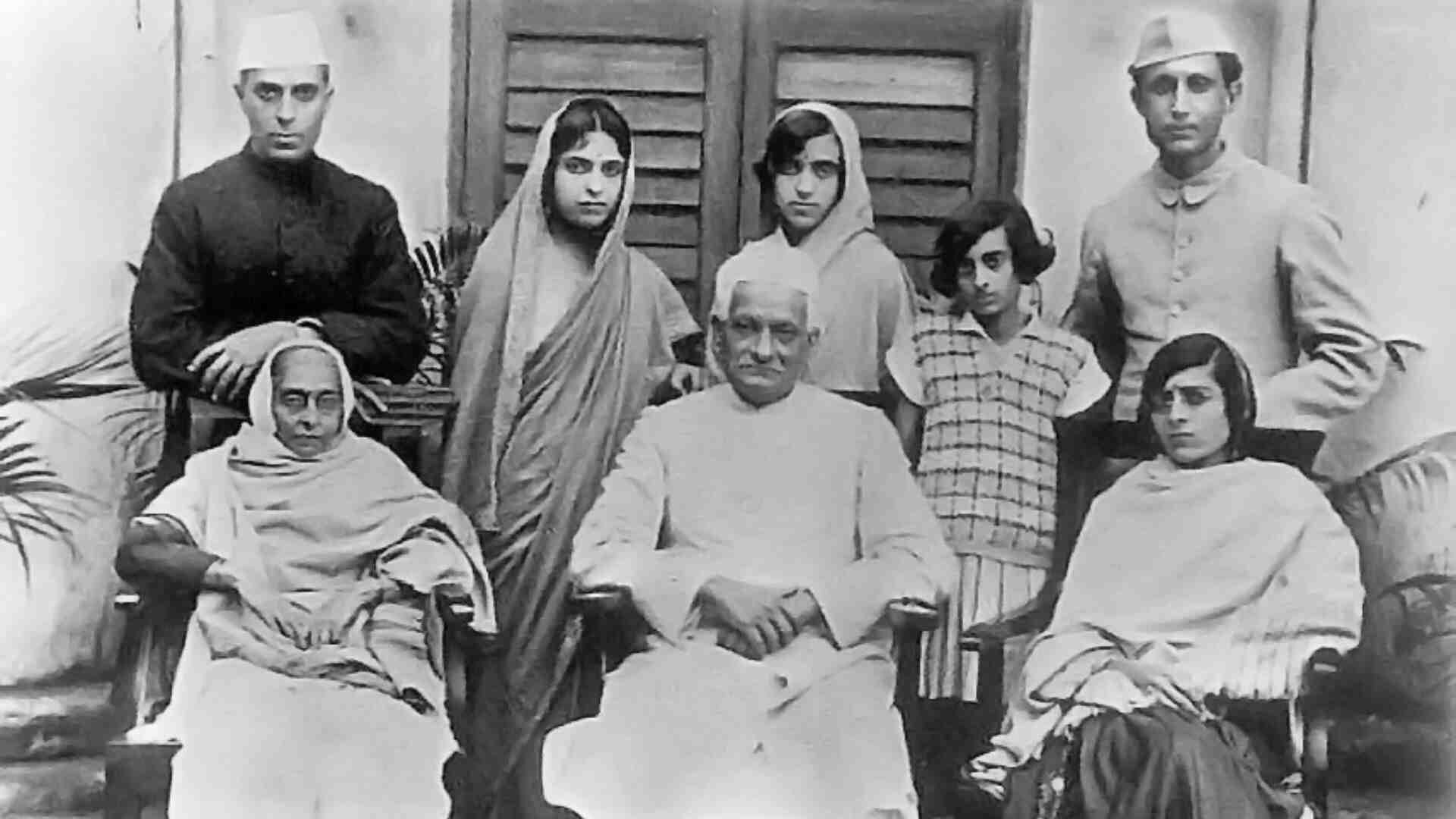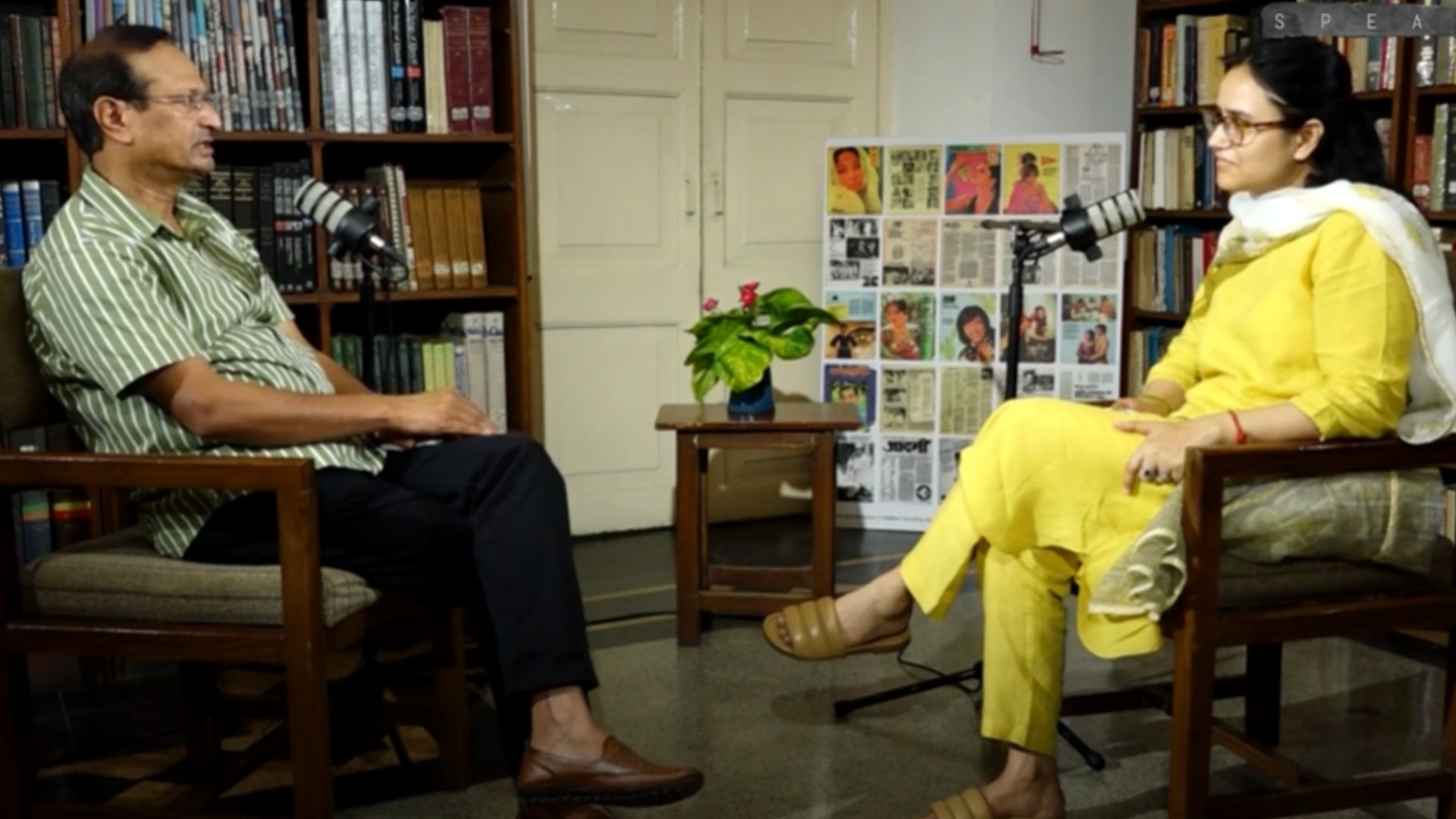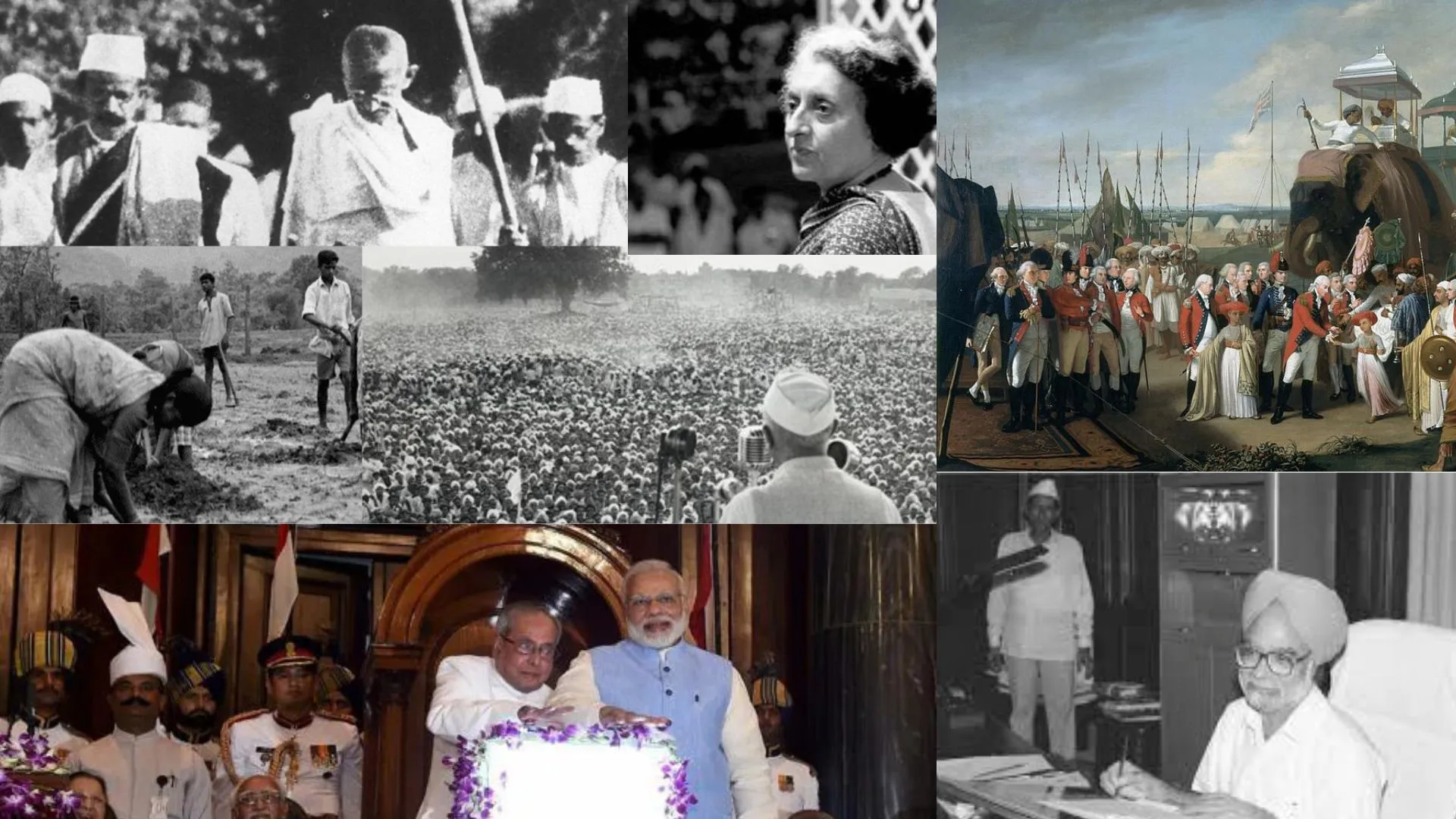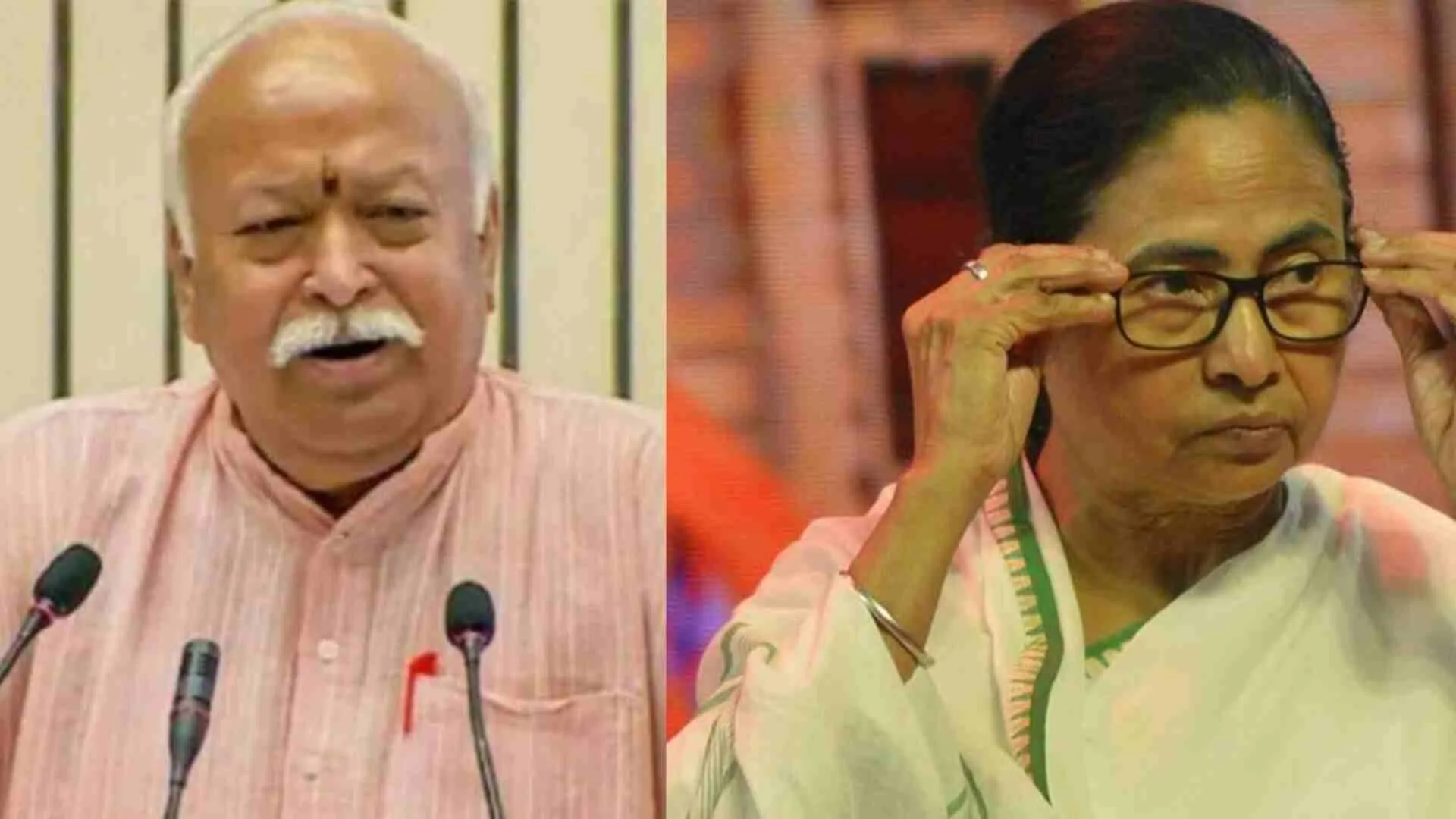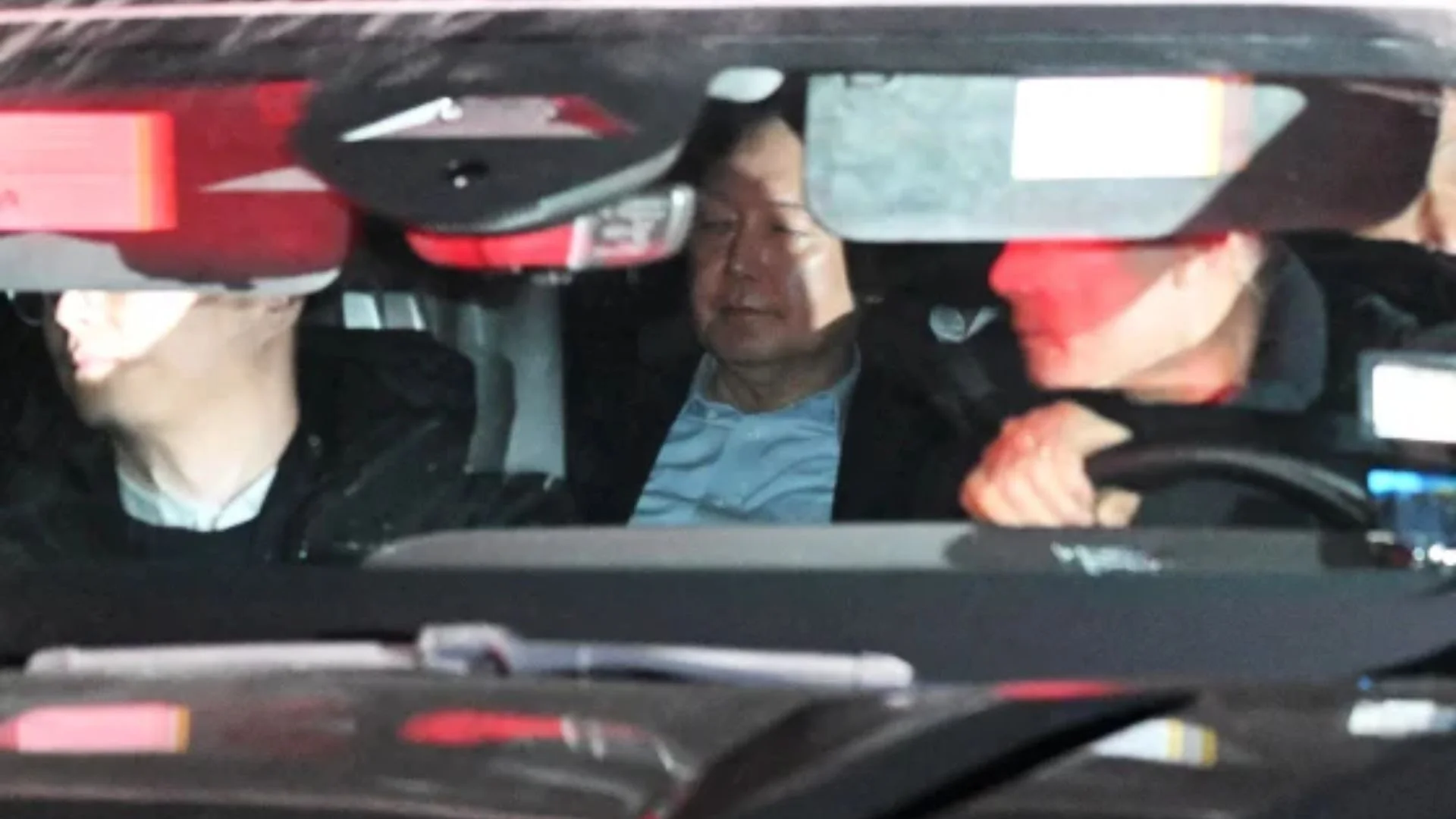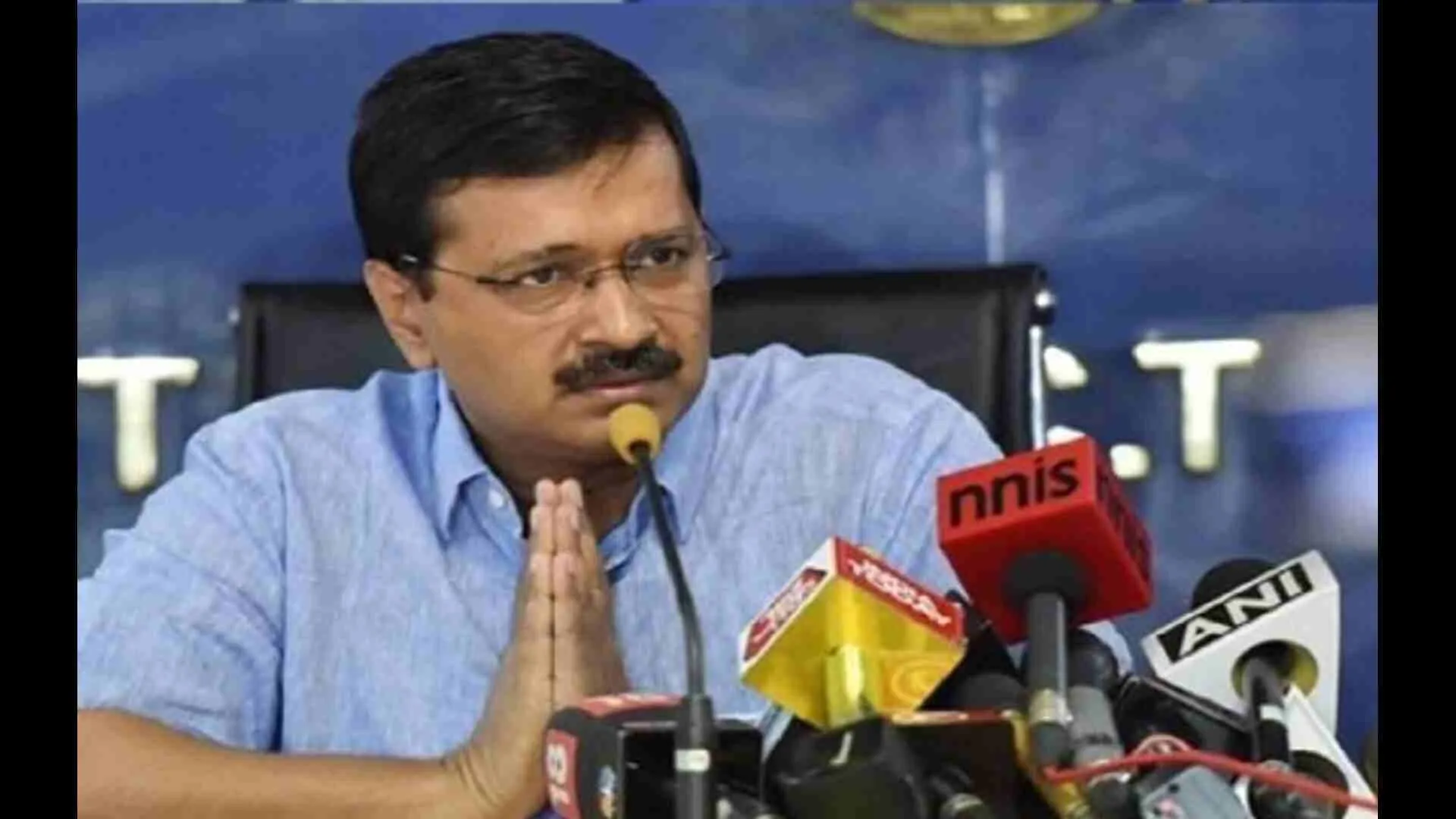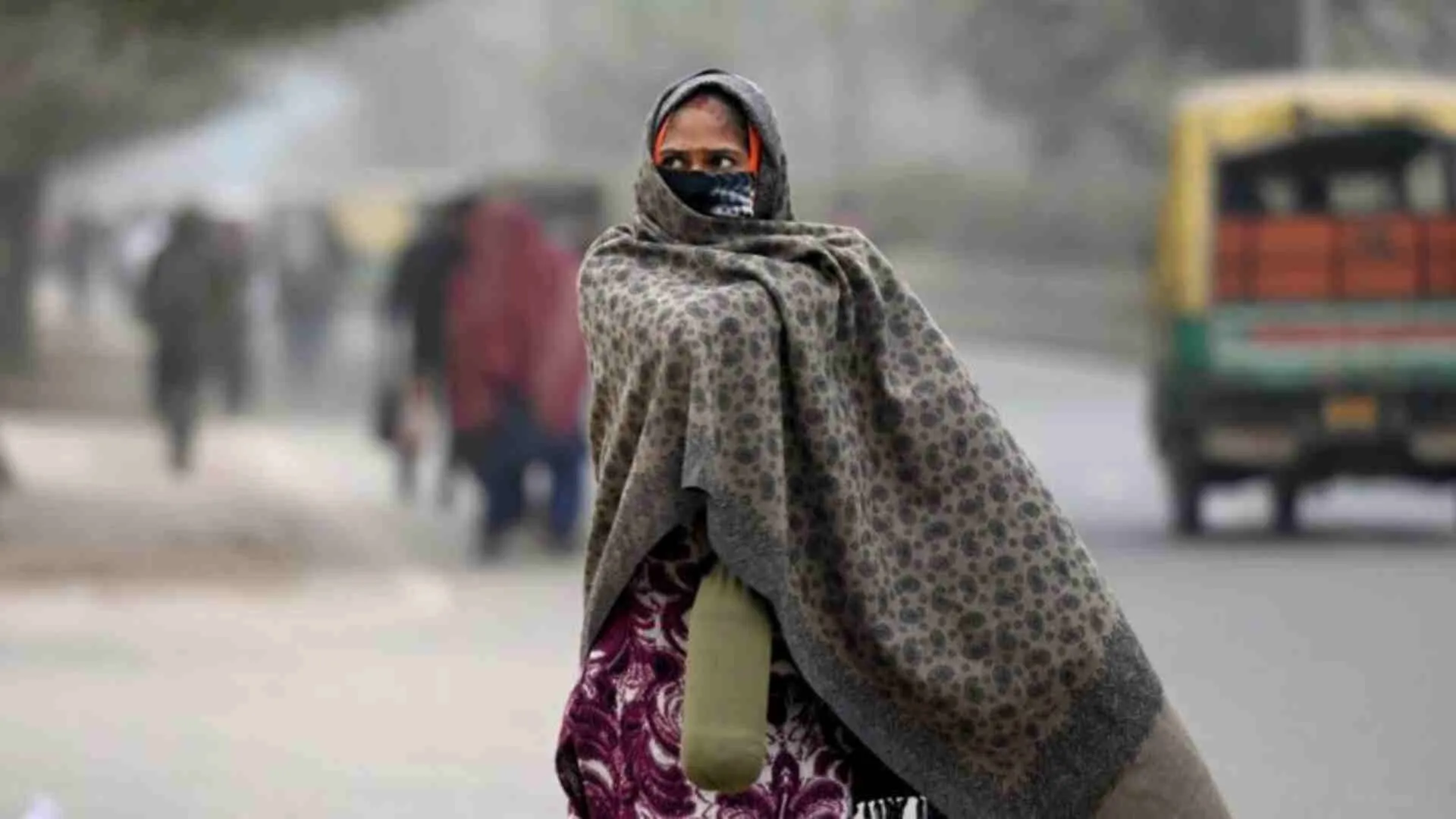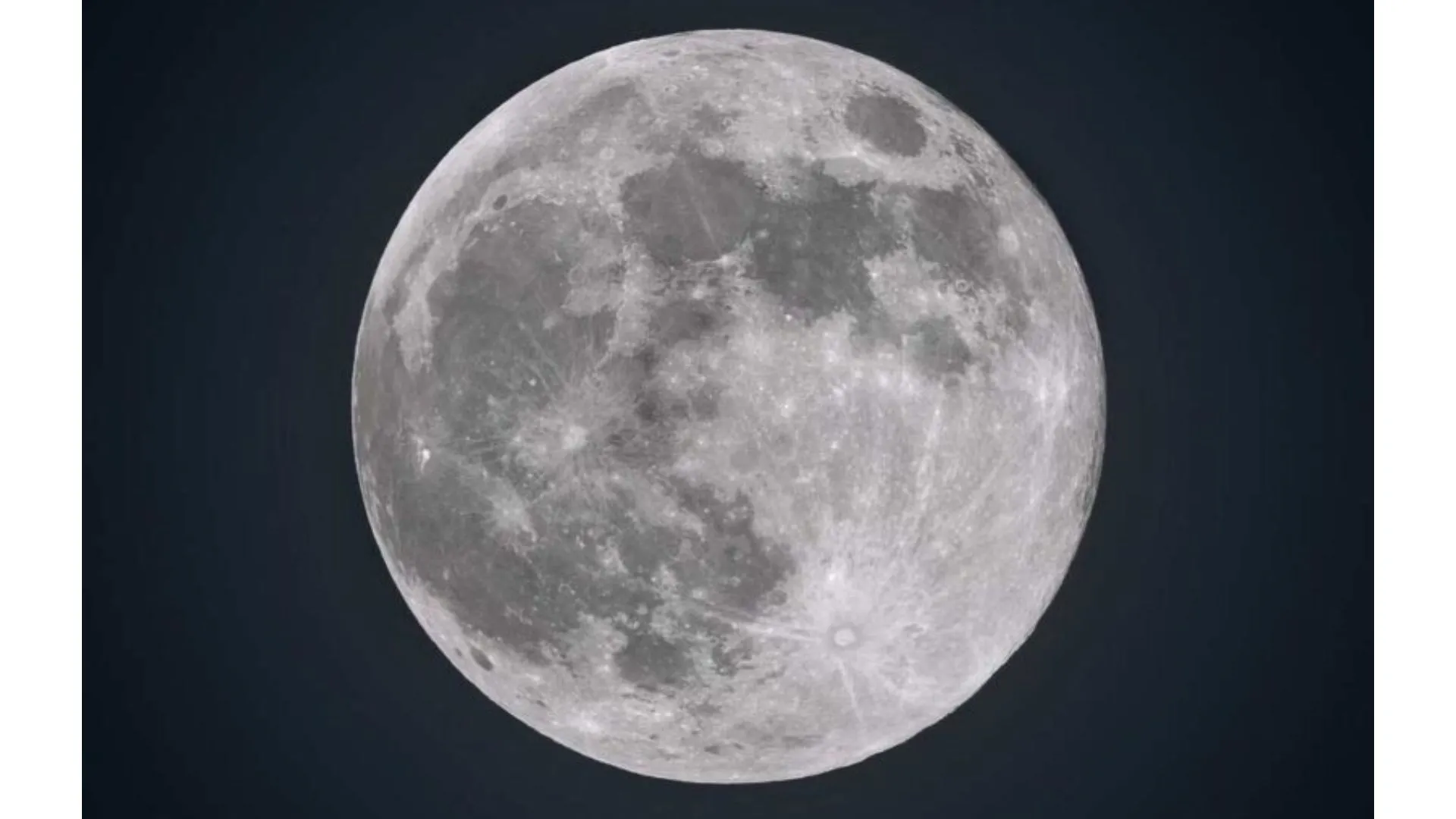Since India’s independence free and fair elections have been held at regular intervals as per the principles enshrined in the Constitution, Electoral Laws and System.
The vote is the most powerful instrument ever devised by man for breaking down injustice and destroying the terrible walls which imprison men because they are different from other men.” said former US President Lyndon B. Johnson while defining the beauty of the elections, and votes.
When general election in India are round the corner, today we will deep dive into the history of the authority which ensure free and fair election in our country—The Election Commission of India.
The Constitution of India has vested in the Election Commission of India the superintendence, direction and control of the entire process for conduct of elections to Parliament and Legislature of every State and to the offices of President and Vice-President of India.
History
Election Commission of India is a permanent Constitutional Body. The Election Commission was established in accordance with the Constitution on 25th January 1950. The Commission celebrated its Golden Jubilee in 2001. The body administers elections to the Lok Sabha, Rajya Sabha, State Legislative Assemblies, State Legislative Councils and the offices of the President and Vice President of the country. The Election Commission operates under the authority of Constitution per Article 324, and subsequently enacted Representation of the People Act. The commission has the powers under the Constitution, to act in an appropriate manner when the enacted laws make insufficient provisions to deal with a given situation in the conduct of an election. It is a permanent constitutional body.
In 1950, the commission originally only had one Chief Election Commissioner. Two additional Commissioners were appointed to the commission for the first time on 16 October 1989 (on the eve of the 1989 General Election), but they had a very short tenure, ending on 1 January 1990. “The Election Commissioner Amendment Act, 1989” was adopted on 1 January 1990 which turned the commission into a multi-member body: a 3-member Commission has been in operation since then and the decisions by the commission are made by a majority vote.
The commission is served by its secretariat located in New Delhi. The Election Commissioners are assisted by Deputy Election Commissioners, who are generally IAS officers. They are further assisted by Directors General, Principal Secretaries, and Secretaries and Under Secretaries.
At the state level, Election Commission is assisted by the Chief Electoral Officer of the State, who is an IAS officer of Principal Secretary rank. At the district and constituency levels, the District Magistrates (in their capacity as District Election Officers), Electoral Registration Officers and Returning Officers perform election work.
Tenure
The tenure of election commissioners is not prescribed by Indian Constitution. However, according to the 1991 Election Commission Act, the Chief Election Commissioner or an Election Commissioner shall hold office for a term of six years, or up to the age of 65 years, whichever is earlier, from the date on which he/she assumes his/her office.
Originally the commission had only a Chief Election Commissioner. It currently consists of Chief Election Commissioner and two Election Commissioners. For the first time two additional Commissioners were appointed on 16th October 1989 but they had a very short tenure till 1st January 1990. Later, on 1st October 1993 two additional Election Commissioners were appointed. The concept of multi-member Commission has been in operation since then, with decision making power by majority vote.
Transaction of Business
The Commission transacts its business by holding regular meetings and also by circulation of papers. All Election Commissioners have equal say in the decision making of the Commission. The Commission, from time to time, delegates some of its executive functions to its officers in its Secretariat. The Commission has a separate Secretariat at New Delhi, consisting of about 550 officials, in a hierarchical set up.
Five or Six Deputy Election Commissioners and Director Generals who are the senior officers in the Secretariat assist the Commission. They are generally appointed from the national civil service of the country and are selected and appointed by the Commission with tenure. Directors, Principal Secretaries, and Secretaries, Under Secretaries and Deputy Secretary support the Deputy Election Commissioners and Director Generals in turn. There is functional and territorial distribution of work in the Commission. The work is organised in Divisions, Branches and Sections; each of the last mentioned units is in charge of a Section Officer. The main functional divisions are Administration, Electoral Roll, Election Expenditure Management, Information Systems, International Cooperation, Judicial, Media, Planning, Political Parties, Secretariat Co-ordination, and Systematic Voters’ Education and Electoral Participation (SVEEP). The territorial work is distributed among separate units responsible for different Zones into which the 36 constituent States and Union Territories of the country are grouped for convenience of management.
At the state level, the election work is supervised, subject to overall superintendence, direction and control of the Commission, by the Chief Electoral Officer of the State, who is appointed by the Commission from amongst senior civil servants from a panel of officers proposed by the concerned state government. He is, in most of the States, a full time officer and has a small team of supporting staff.
At the district and constituency levels, the District Election Officers, Electoral Registration Officers and Returning Officers, who are assisted by a large number of functionaries, perform election work. They all perform their functions relating to elections in addition to their other responsibilities. During election time, however, they are available to the Commission, more or less, on a full time basis.
The gigantic task force for conducting a countrywide general election consists of more than twelve million polling personnel and civil police forces. This huge election machinery is deemed to be on deputation to the Election Commission and is subject to its control, superintendence and discipline during the election period, extending over a period of one and half to two months.
Quasi-Judicial Functions
The Commission has the power to disqualify a candidate who has failed to lodge an account of his election expenses within the time and in the manner prescribed by law. The Commission has also the power for removing or reducing the period of such disqualification as also other disqualification under the law.
International Co-Operation
India, as the largest practicing democracy in the world and with over 75 years’ record of holding effective, transparent and credible elections, playing a leading role in promoting participatory democracy and election administration world-wide. Election Commission of India is a founding member and past Chair of the Association of World Election Bodies (A-WEB), a body comprising 119 Election Management Bodies from around the globe as its members; founding member and Chair of the Association of the Asian Election Authorities (AAEA), past chair of the Forum of Election Management Bodies of South Asia (FEMBoSA), member of International Institute for Democracy and Electoral Assistance (Intl. IDEA), Stockholm and Commonwealth Electoral Network (CEN) (2010). ECI has always championed the need for international cooperation among democracies, nurtured steady collaborations, learning from each other and sharing experiences and best practices in the areas of Electoral Management and Administration, Electoral Laws and Reforms, Information & Technology with a view to strengthen democracy worldwide.
ECI has signed Memorandum of Understandings (MoUs) with 28 Electoral Management Bodies (EMBs) and 3 International Organisations i.e. International Foundation for Electoral Systems (IFES), International IDEA and United Nations. These MoUs provide institutional framework for collaborative activities like experience sharing, capacity building, technical cooperation and exchange, visits and study missions.
Consequent to the decision taken in the Extraordinary Executive Board Meeting of A-WEB held on 2ndSeptember, 2019, the Election Commission of India has established a Regional Centreof A-WEBin New Delhi namely ‘India A–WEB Center’. The Centre is mandated to take up ‘Documentation, Research and Training’ for A-WEB Members for sharing best practices and capacity building among the members of A-WEB in election management.
Since 2011, ECI, through its premier training institute IIIDEM, successfully imparted trainings to the 69,362 Election Officials from the 109countries. The Commission has also provided experts and observers for elections to the various countries i.e. Fiji, Cambodia, Thailand, Nepal, Uzbekistan, Kazakhstan, Zimbabwe and Sri Lanka etc. Nepal, Bhutan and Namibia are using the Electronic Voting Machines manufactured in India and the Election Commission of India provided them necessary technical assistance.
New Initiatives
The Commission has taken several new initiatives in the recent past. Notable among these are, a scheme for use of State owned Electronic Media for broadcast/telecast by Political parties, checking criminalisation of politics, computerisation of electoral rolls, providing electors with Identity Cards, simplifying the procedure for maintenance of accounts and filling of the same by candidates and a variety of measures for strict compliance of Model Code of Conduct, for providing a level playing field to contestants during the elections.




